Real Stories, Real Scam: How WikiFX Turns Evidence into Exposure
Abstract:Victims reveal Forex trading scam stories on WikiFX. See how to collect evidence, expose fraudulent brokers, and help protect the trading community.
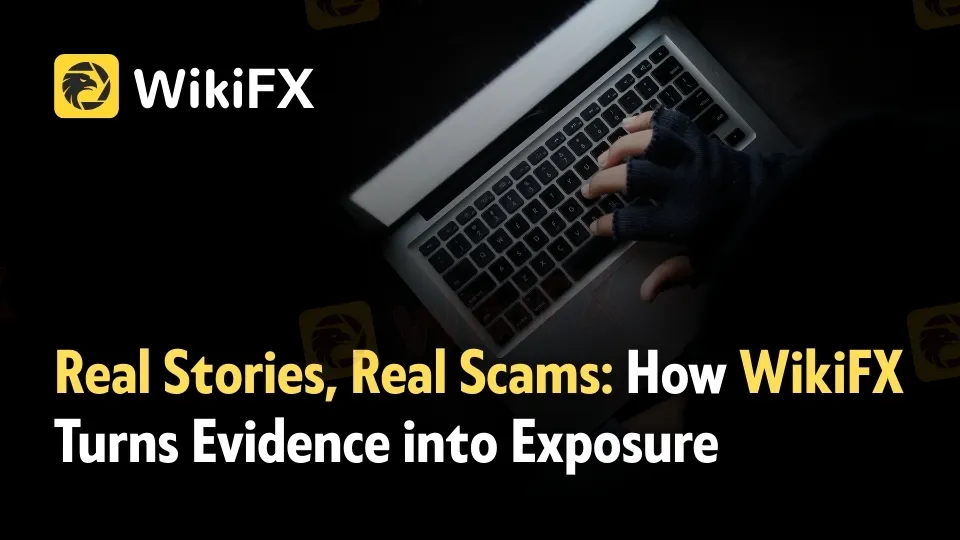
A rising number of real-world scams in the Forex trading sector is prompting traders to seek out platforms that expose fraudulent broker activity. Among these, WikiFX has emerged as a significant resource for scam detection—bridging the gap between aggrieved traders and accountability by transforming individual complaints into verifiable, public warnings.
Real Stories, Real Consequences
WikiFX scam reviews are not mere testimonials; they represent firsthand accounts from victims of elaborate Online trading scams. Traders submit detailed Forex trading scam reports, recounting everything from sudden account freezes and withdrawal denials to outright broker disappearances after large deposits. These real trader scam experiences—often corroborated by screenshots, email chains, and deposit receipts—are meticulously reviewed by WikiFXs team, ensuring only verified broker complaints make the public record.
One Forex fraud case study, submitted in early 2025, documented a broker who manipulated trading platforms to artificially induce losses, wiping out client balances. The user provided recorded calls and transaction IDs, which WikiFX cross-checked with regulatory databases and other victim submissions. This multi-source verification process underscores the platforms expertise and commitment to factual reporting.
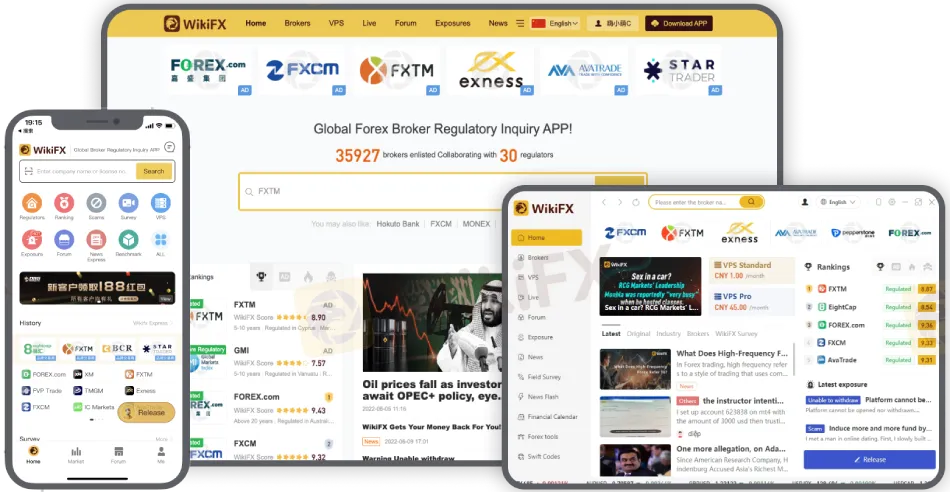
How WikiFX Unravels Fraud—A Step-by-Step Process
Understanding how WikiFX exposes fraud begins with its open submission system. Users download the WikiFX mobile app, create an account, and navigate to the “Report a Scam or Exposure” section. Here, they upload scam broker evidence—including trade histories, correspondence, and payment records—alongside a written narrative of their experience. The platforms moderators, many with backgrounds in finance compliance, scrutinize each claim. Confirmed cases are published as online trading scam alerts, complete with broker names, regulatory status (or lack thereof), and actionable advice for affected users.
The platforms reputation for reliability in scam detection—evidenced by inclusion in financial news analyses and regulatory advisories—adds to its authority. For traders asking, “Is WikiFX reliable for scam detection?” the flood of detailed, cross-verified case studies offers a resounding answer.
Empowering Traders to Act
WikiFX is more than an archive; it is a tool for consumer defense. Each new Forex scam report not only warns others but also pressures regulators to investigate unlicensed brokers. Many victims, once silent, now cite the WikiFX broker verification guide as their first step after encountering fraud. The platforms structured reporting process—simple, secure, and transparent—has made it a cornerstone for safe trading advocacy.
Would-be victims are urged to act swiftly: document everything, secure copies of all communications, and follow WikiFXs submission process to turn individual harm into collective protection. In an industry rife with risk, such real-life Forex scam stories exposed serve as both caution and catalyst—proof that evidence, when shared, can stem the tide of fraud.
Exposing a Scam Broker on WikiFX: A Step-by-Step Guide
To report a fraudulent broker and contribute to WikiFX scam exposure:
- Download and Install: Search for “WikiFX” in your app store, or click the download button on desktop view, and install the application on your smartphone or on your personal computer.
- Create an Account: Open the app and sign up using your email or phone number. Verify your account as prompted.
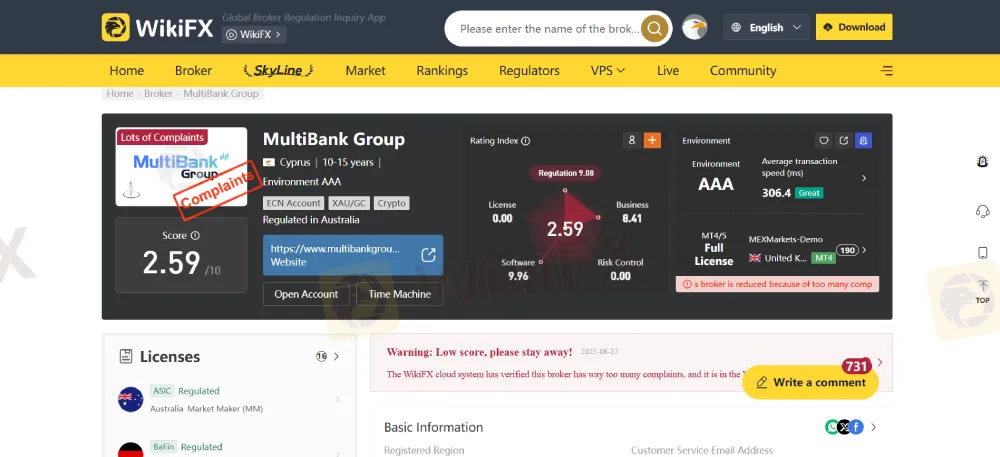
- Submit Evidence: Search the name of the broker, navigate to the “Exposure or Write a Comment” button/section. Then clearly describe your experience, attach all relevant evidence (screenshots, emails, transaction records), and submit your case.
- Follow Up: WikiFXs team will review your submission. If verified, your report will be published. In certain instances, the support team may follow up to request additional evidence, ensuring the alert is both credible and impactful for the broader trading community.
By following these steps, victims not only seek justice but also fortify the trading ecosystem against future fraud. In the battle against Forex scams, WikiFX is proving that transparency and collective action remain the most effective shields.

Read more

CONSOB Blocks EurotradeCFD’s Solve Smart, 4X News
CONSOB moves against Solve Smart and 4X News tied to EurotradeCFD, ordering app takedowns and ISP blocks to protect Italian investors.
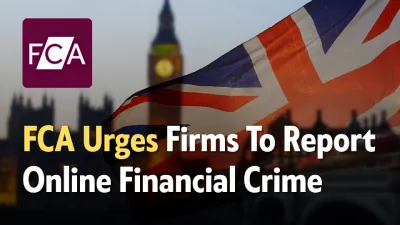
FCA Urges Firms To Report Online Financial Crime
FCA calls all regulated firms to report unlawful online promotions, tackling financial crime and deepfake scams under new compliance standards.
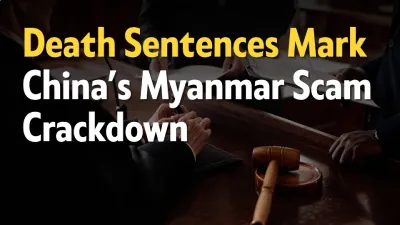
China’s Myanmar Scam Crackdown Intensifies with Death Sentences
China escalates its crackdown on Myanmar-based scam syndicates with death sentences and mass repatriations amid rising cross-border cyber fraud.
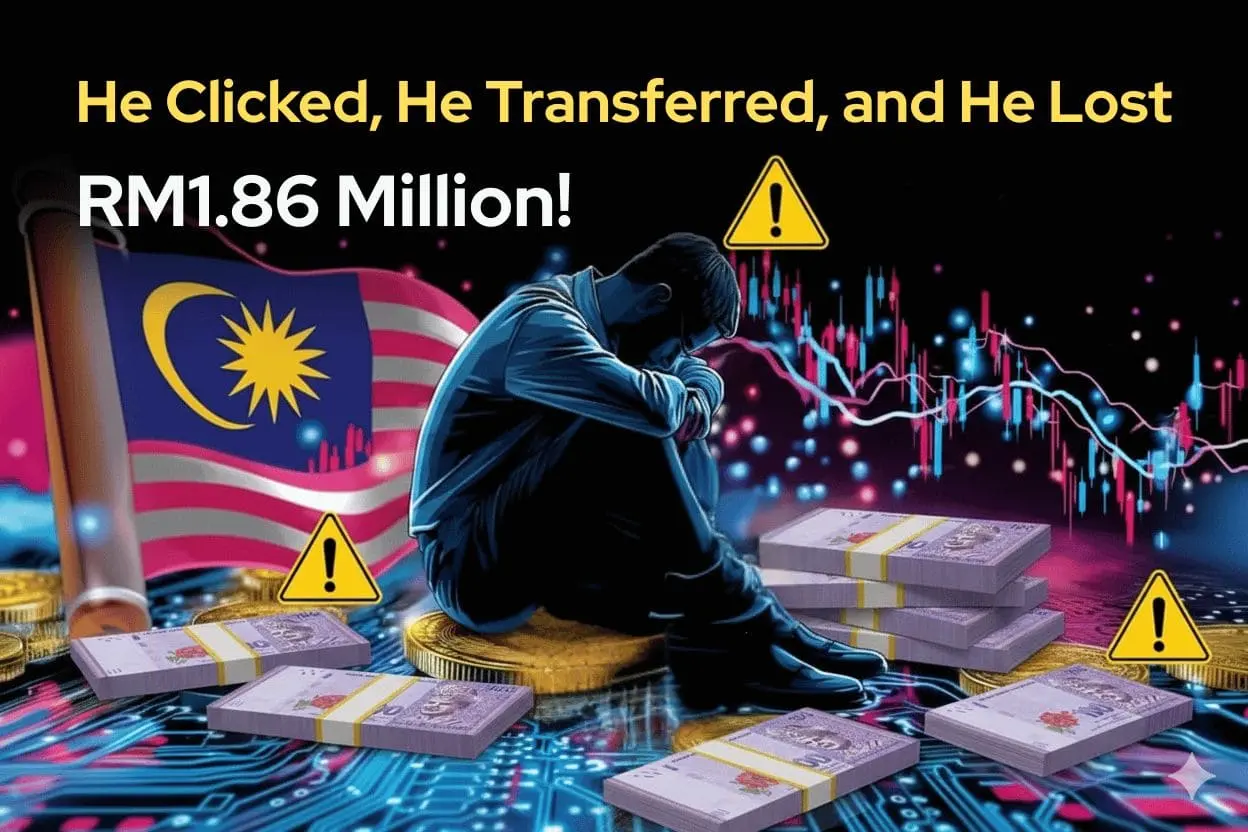
He Clicked, He Transferred, and He Lost RM1.86 Million!
A former sales director in Perak has seen RM1.86 million vanish into an online investment scheme that promised profits but delivered nothing, in what police warn is part of a surge in sophisticated digital fraud sweeping Malaysia. Lured by a polished social media advertisement and reassurances of high returns, the 50-year-old investor only realised he had been duped when his “profits” suddenly became inaccessible. By then, 23 transfers had already drained his savings into accounts controlled by scammers.
WikiFX Broker
Latest News
Behind the Licences: Is Pepperstone Really Safe for Malaysians?
Promised Recession... So Where Is It?
Happy Mid-Autumn Festival from WikiFX to YOU!
Rate Calc

